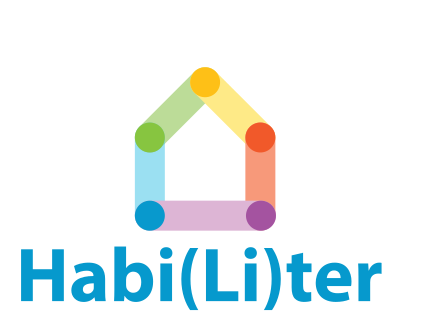


Co-defining the habitability of Lorraine under climate change and future multi-risk conditions
The Habi(Li)ter project aims to understand how climate change and the resulting interacting risks will impact the future habitability of Lorraine for its human populations, This will be accomplished through bottom-up transdisciplinary approaches that incorporate values, knowledge, expertise, and insights from both academic and non-academic sources.
Through the integration of data-driven models and stakeholder insights, the project will develop an advanced conceptual framework to elucidate the complex interplay between climate drivers, socio-economic factors, and multi-hazard risks in the region with a focus on their implications for the habitability of human populations and the functioning of ecosystems.
The project is inherently interdisciplinary, integrating perspectives from disaster risk management, ecology, geography, and social sciences, among others. The case study area will be located in the Vosges Massif, where the impacts of climate change are significantly affecting habitability and sustainable development.
Launched in October 2024, the project is expected to last 24 months and is funded by Lorraine Université d’Excellence as part of the IMPACT initiative "EPHemeris - Earth and Planet Habitability.”
Scientific direction is provided by Dr. Silvia De Angeli, with support from the LIEC and LOTERR laboratories at Université de Lorraine.
Habi(Li)ter in a nutshell
WHAT
- Co-define habitability of places for human populations by developing a set of indicators and ways to measure them
- Develop an advanced conceptual framework to elucidate the complex interplay between climate drivers, socio-economic factors, and multi-hazard risks in the region and how they might affect habitability in present and future
HOW
- Bottom-up, transdisciplinary approaches to knowledge co-production
- Use of Risk Storylines and Impact Chains
WHERE
- Vosges Massif area, examining the interacting impacts climatic hazards (e.g. droughts, floods, heatwaves...)
WHY
- Enhancing the habitability of human populations and the functioning of ecosystems in Lorraine
- Empowering local communities to navigate climate risks and foster sustainable development, contributing to the ecological transition agenda

